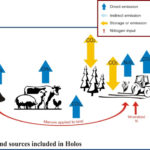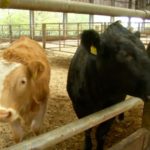London | Reuters — Rising use of nitrogen-based fertilizers is driving up global emissions of nitrous oxide, a lesser-known greenhouse gas, complicating efforts to limit climate change, scientists reported in a study on Wednesday. Most of the focus in curbing climate-warming gas emissions has focused on the most abundant, carbon dioxide, and one of the […] Read more













